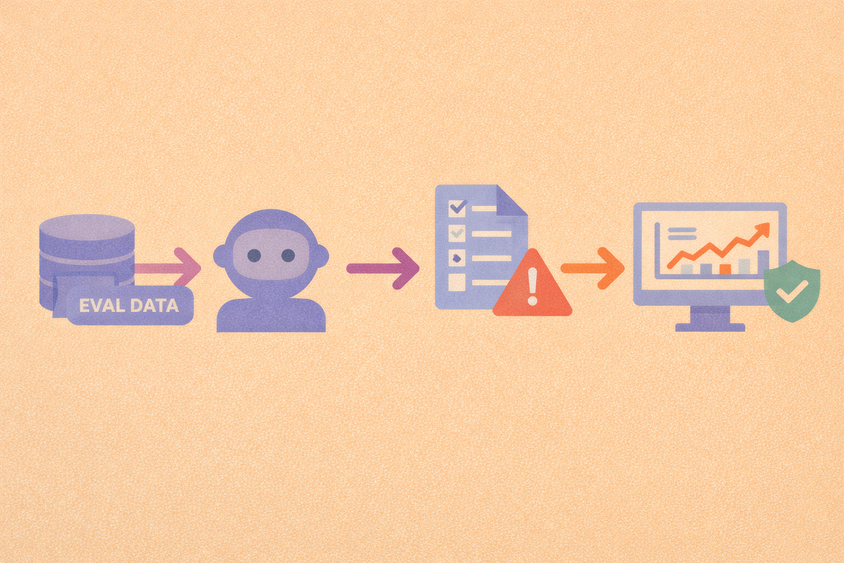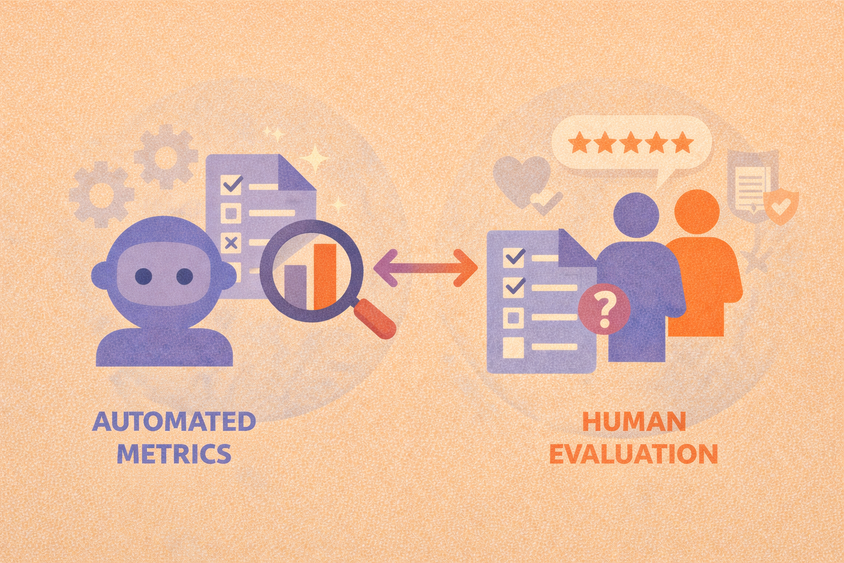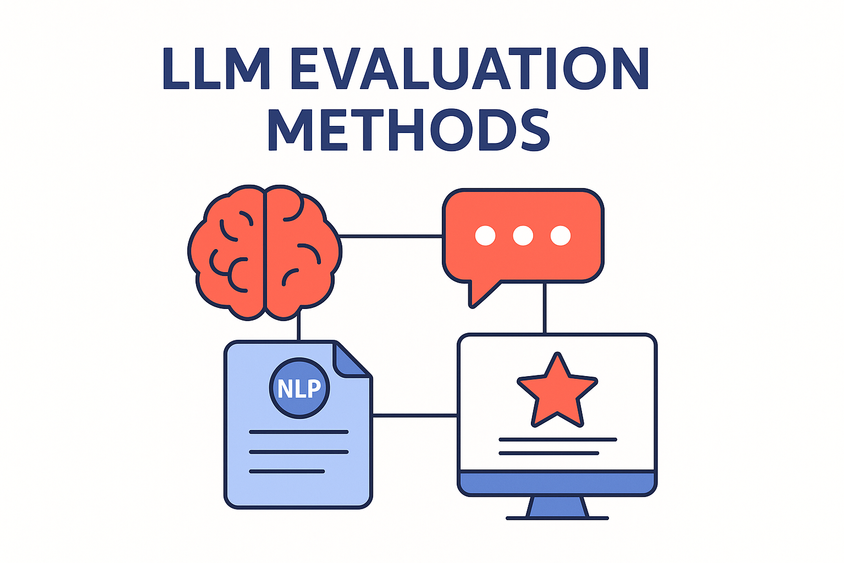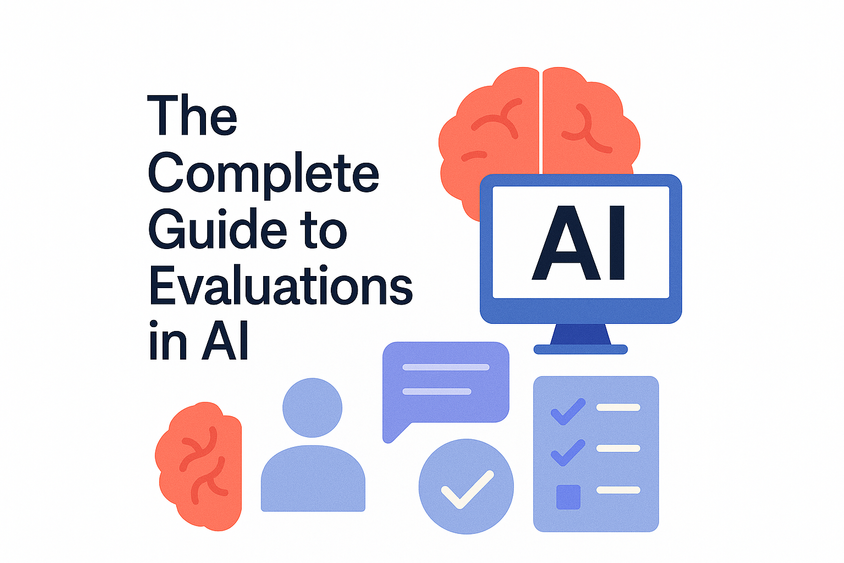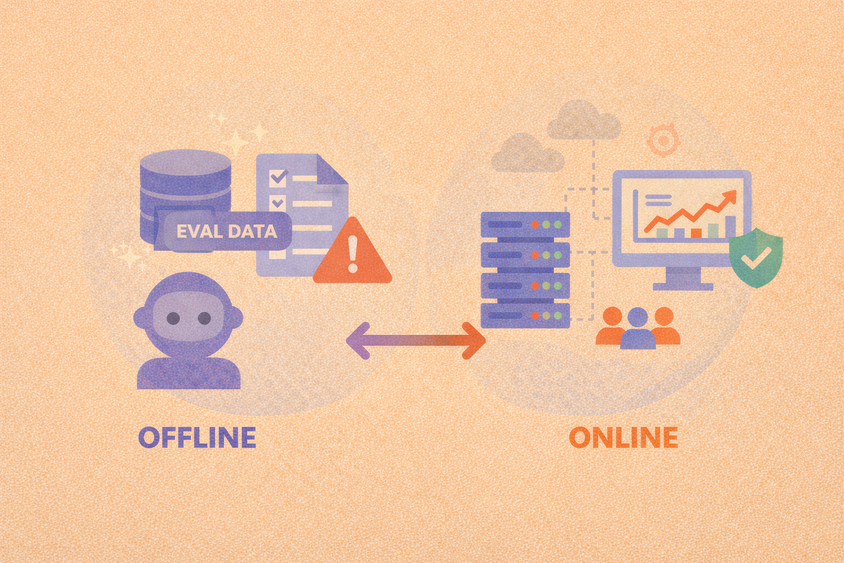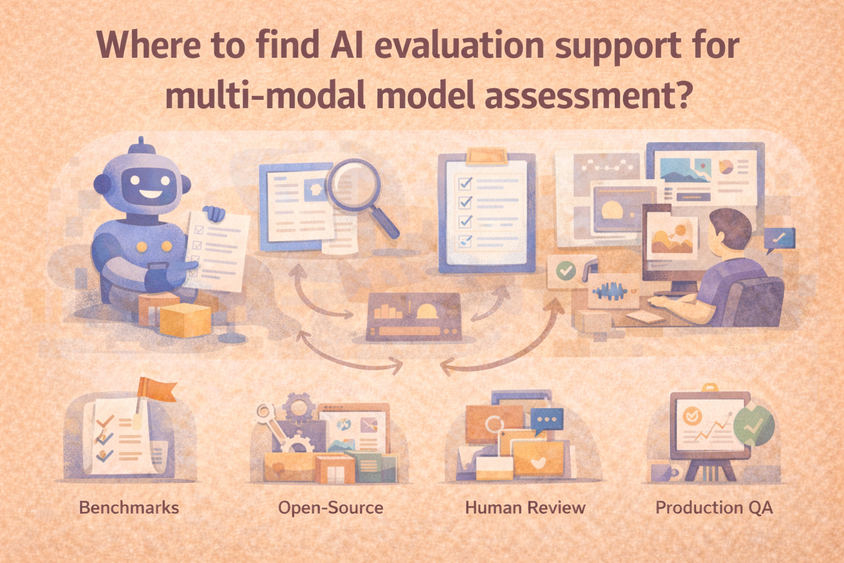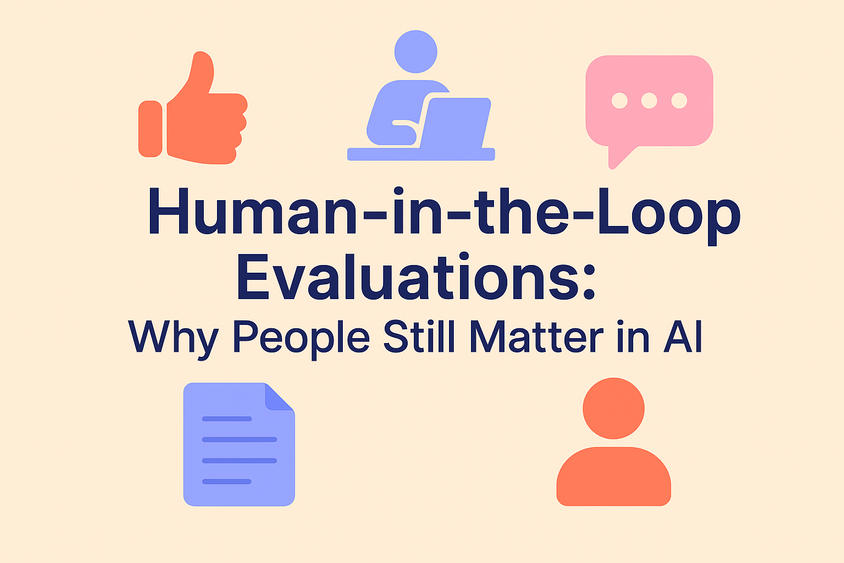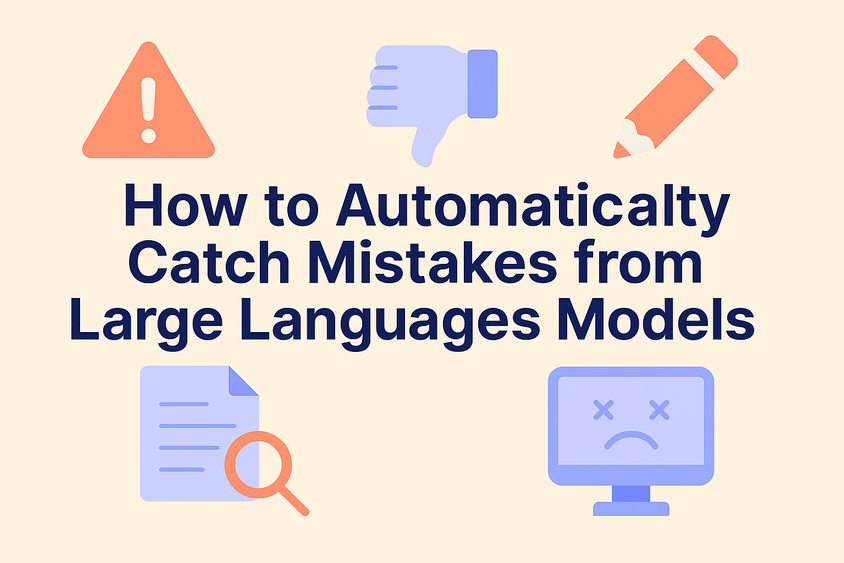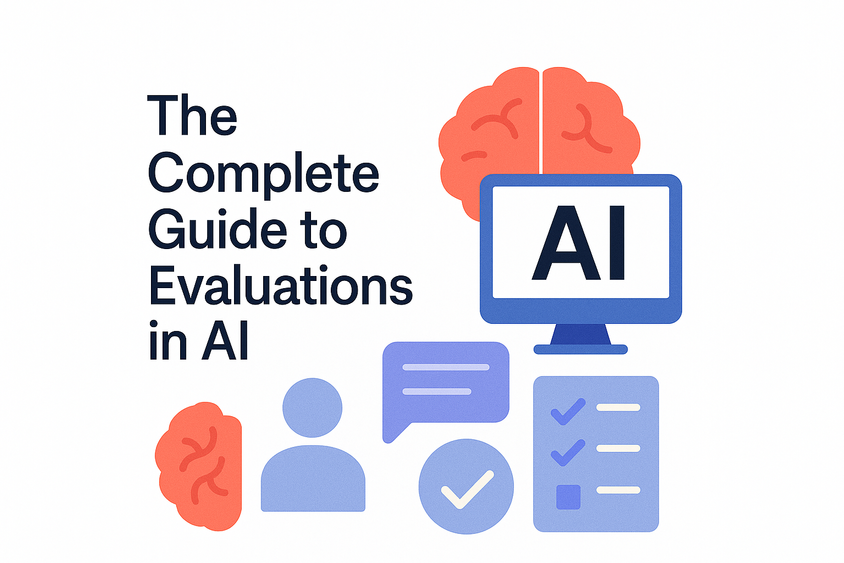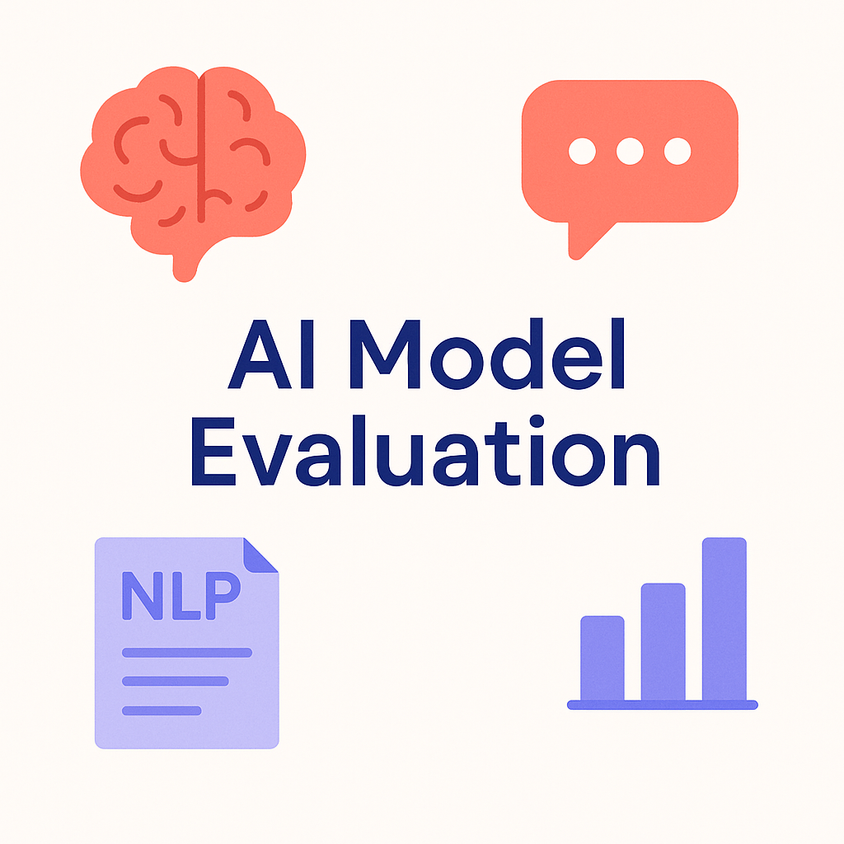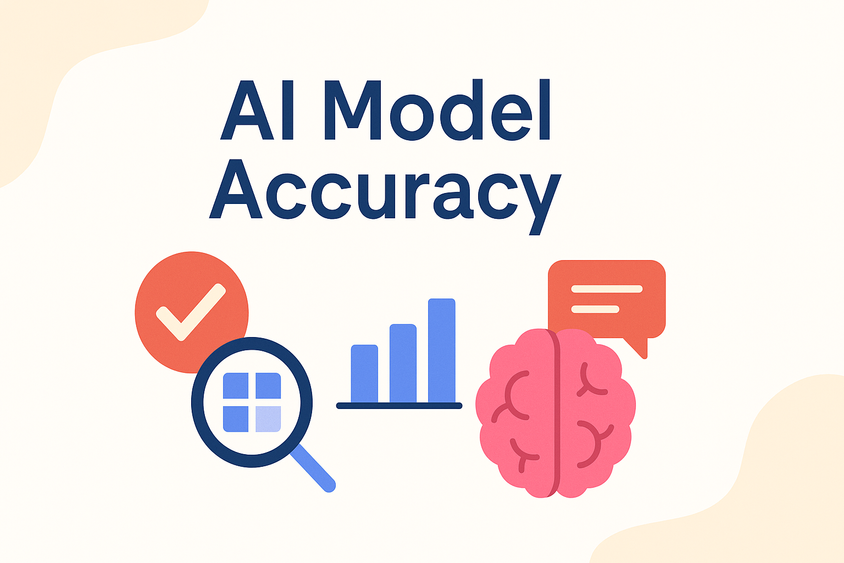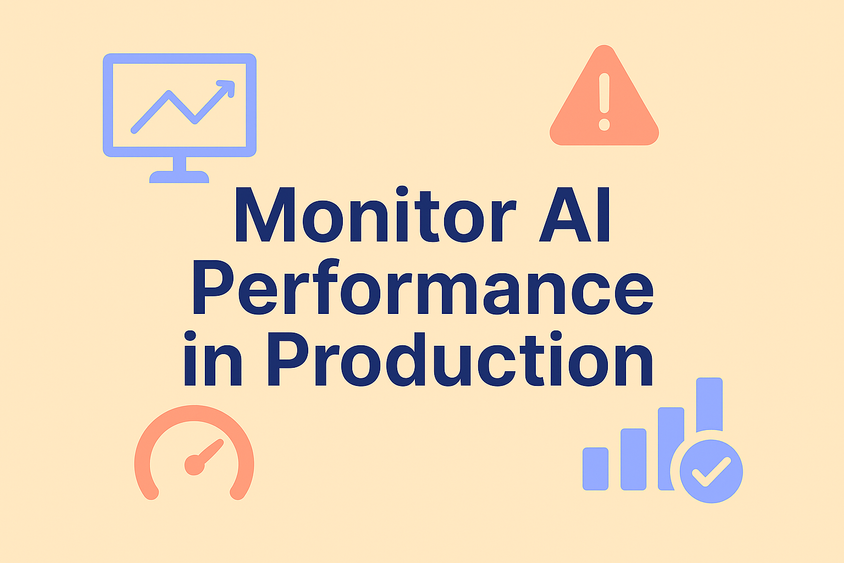ReCode Robustness Evaluation of Code Generation Models: What It Is and Why It Matters
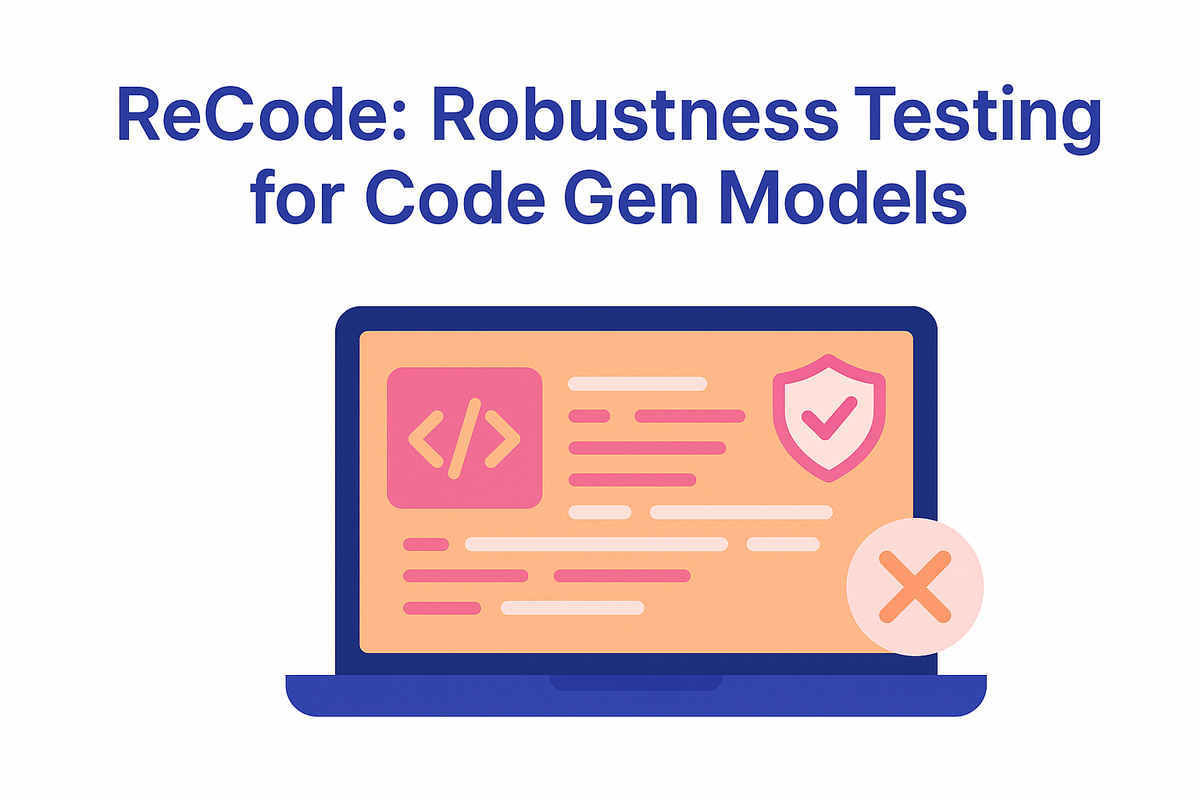
Code generation models have rapidly become essential tools for developers, powering everything from autocomplete suggestions to fully automated function generation. But while these models can produce impressive results, their reliability under changing inputs is often taken for granted. That’s where ReCode comes in.
ReCode, short for Robustness Evaluation of Code Generation, is a benchmark created to test how well code generation models perform when their inputs are subtly altered. Rather than measuring only whether a model can generate working code from a perfectly structured prompt, ReCode evaluates whether it can continue to do so when inputs are messier, more varied, or slightly perturbed, just like in real-world environments.
Why Traditional Benchmarks Aren’t Enough
Most standard benchmarks assume that prompts are clear, well-formatted, and ideal for model consumption. But in practice, developers rephrase instructions, rename functions, or shuffle code structure without changing the underlying logic. Even small changes, like switching variable names or rewriting comments, can confuse models that haven't been trained or tested for robustness. This is a problem if you're integrating AI into your development pipeline and expecting it to handle everyday variation.
ReCode fills that gap. It tests how models handle these minor, meaning-preserving changes. This kind of robustness is critical if you're deploying code generation in production, where input cleanliness can’t always be guaranteed.
How ReCode Works
The benchmark starts with a set of original code generation tasks and introduces specific transformations to create variations. These changes might include renaming variables, reordering code lines, or modifying the phrasing of natural language prompts. The idea is to keep the task fundamentally the same while forcing the model to generalize beyond memorized structures.
Each model’s outputs are then evaluated for functional correctness, consistency across variations, and overall robustness. The final score reflects how stable and resilient a model is when faced with input changes that wouldn’t trip up a human programmer.
Who Benefits from ReCode?
ReCode is useful for anyone developing or deploying code generation models, including research teams studying model behavior, developers building LLM-powered tools, and product teams looking to evaluate model reliability before launch. If you’re integrating models into real-world coding environments, ReCode helps surface blind spots that other benchmarks miss.
A Step Toward More Reliable Code Generation
As the field evolves, we’ll need to move beyond simple accuracy and look at qualities like robustness, fairness, and interpretability. ReCode represents one step in that direction. It challenges models to operate in more realistic conditions and provides a framework for improving their performance outside the lab.
If you're working on a code generation project, it's worth asking not just whether your model works, but whether it keeps working when the prompt inevitably changes.
Try Label Studio and start your free trial today.
Frequently Asked Questions
Frequently Asked Questions
What is ReCode?
ReCode is a benchmark that tests how well code generation models handle subtle variations in input prompts, evaluating robustness beyond ideal scenarios.
How is it different from benchmarks like HumanEval?
While HumanEval measures correctness under clean, static prompts, ReCode tests whether models can generalize to reworded, restructured, or slightly altered inputs.
Why does robustness matter in code generation?
In real-world settings, developers use varied naming conventions, comment styles, and formatting. A robust model needs to handle that variation without breaking down.
What kinds of changes does ReCode test?
Changes include variable renaming, comment rewriting, code block reordering, and prompt paraphrasing, all designed to preserve functionality while challenging model flexibility.
Who should use ReCode?
Model developers, AI researchers, and product teams integrating LLMs into developer tools can all use ReCode to identify and address model fragility.
